Two-Way Translator - Bilingual Text Translation
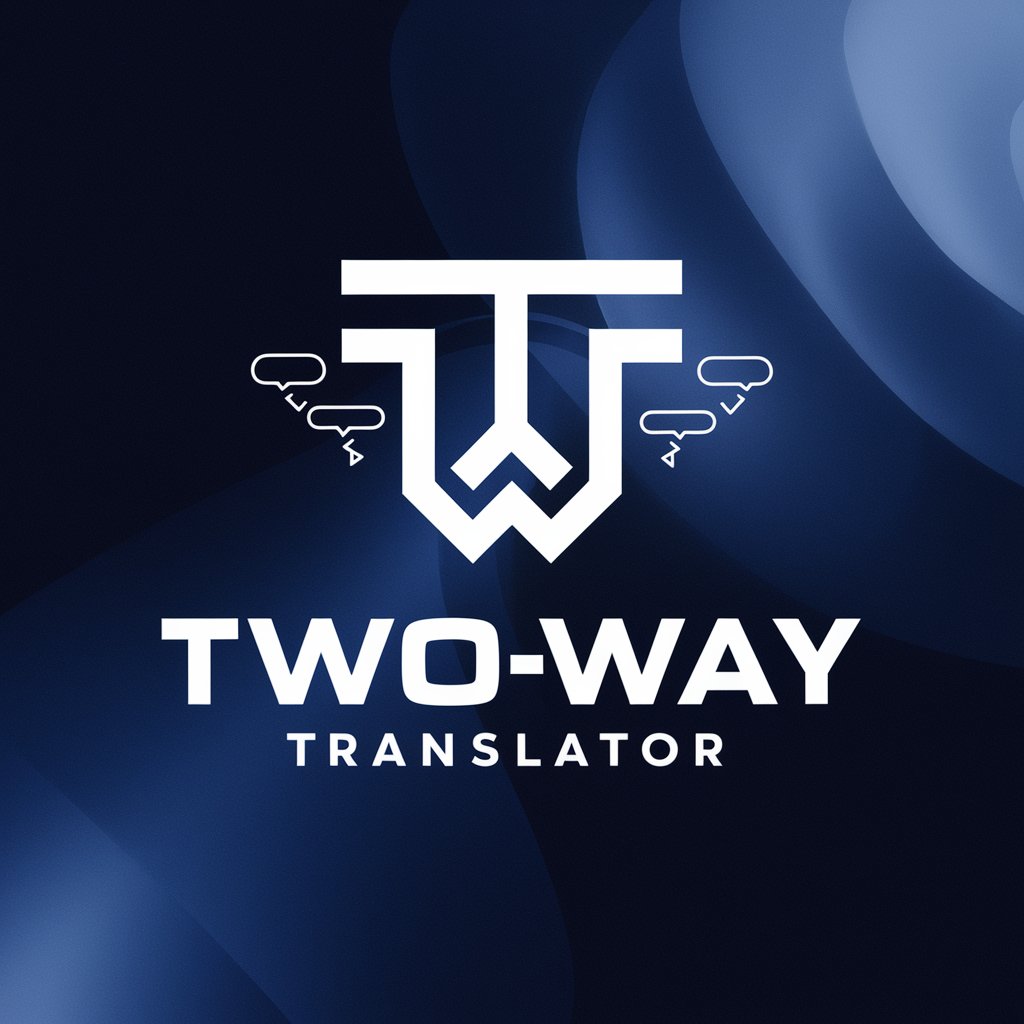
Hello! Ready to bridge the gap between English and Korean?
AI-powered, Fluent Bilingual Translations
Translate the following English sentence to Korean:
How would you say this Korean phrase in English?
Can you help me translate this mixed-language text into Korean?
Please convert this English business email to Korean:
Get Embed Code
Overview of Two-Way Translator
The Two-Way Translator is a specialized GPT model designed to facilitate seamless communication between English and Korean speakers by providing accurate and contextually appropriate translations. This model is proficient in handling mixed language inputs, determining the user's target language, and translating accordingly. It is particularly adept at translating conversational phrases, business communications, and technical language, ensuring that translations preserve the cultural and contextual nuances of each language. For example, if a user inputs a business email written in Korean, the Two-Way Translator can produce an English version that maintains the formal tone and specific terminologies used in the original. Powered by ChatGPT-4o。

Core Functions of Two-Way Translator
Bilingual Translation
Example
Translating an English user manual into Korean for a technology product.
Scenario
A tech company wants to expand its market to Korea and needs its product manuals translated to Korean to ensure proper usage and compliance with local regulations.
Mixed Language Input Handling
Example
A user sends a query mixed with Korean and English, asking about software installation procedures.
Scenario
In a multinational corporation, an employee might not be fluent in English and mixes Korean with English in an email seeking IT support. The translator helps by converting the entire communication into fluent English to facilitate clear understanding by the IT department.
Culturally Contextualized Translation
Example
Adjusting the translation of marketing content to suit cultural sensitivities and preferences in a Korean or English-speaking region.
Scenario
A marketing agency creates a campaign for a global brand that needs to resonate with both Korean and Western audiences. The translator ensures that idioms, jokes, and references are appropriately adapted to avoid cultural missteps and enhance engagement.
Target User Groups for Two-Way Translator
Multinational Corporations
Companies that operate in both English and Korean-speaking regions would find this service invaluable for internal communications, document translations, and localizing products and marketing materials efficiently.
Educational Institutions
Universities and schools with international students from Korea or English-speaking countries can use this tool to translate course materials, administrative documents, and communication between students and staff.
Travelers and Expatriates
Individuals traveling to or living in Korea or English-speaking countries could use the translator to navigate daily life, understand local norms, and communicate effectively with residents.

How to Use Two-Way Translator
1
Visit yeschat.ai to start using Two-Way Translator for free, without the need to sign up or subscribe.
2
Choose your desired language pair by selecting either English to Korean or Korean to English depending on your translation needs.
3
Type or paste your text into the input box. Ensure that the text is clear and contextually complete for more accurate translations.
4
Click the 'Translate' button to receive your translation. If the text is mixed-language, specify which language you want as the output to refine results.
5
Review the translation provided. Utilize the feedback option to refine the translation if necessary, enhancing future accuracy.
Try other advanced and practical GPTs
Number Two
Experience the power of two with AI.

Zero Two
Empower Your Conversations with AI

Economical Eats for Two
AI-powered budget-friendly meal planning.

Two-e
Empowering Communication with AI
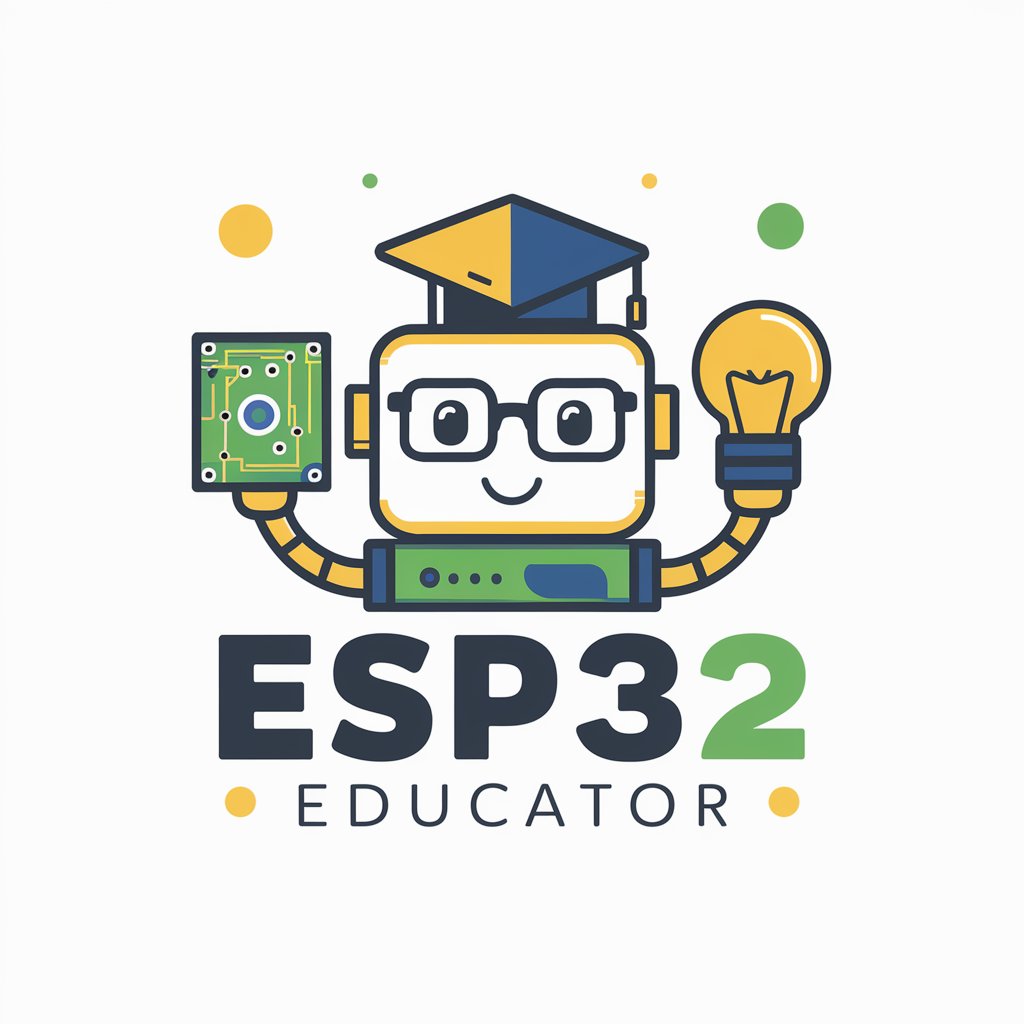
Zero Two
Engage with your favorite AI
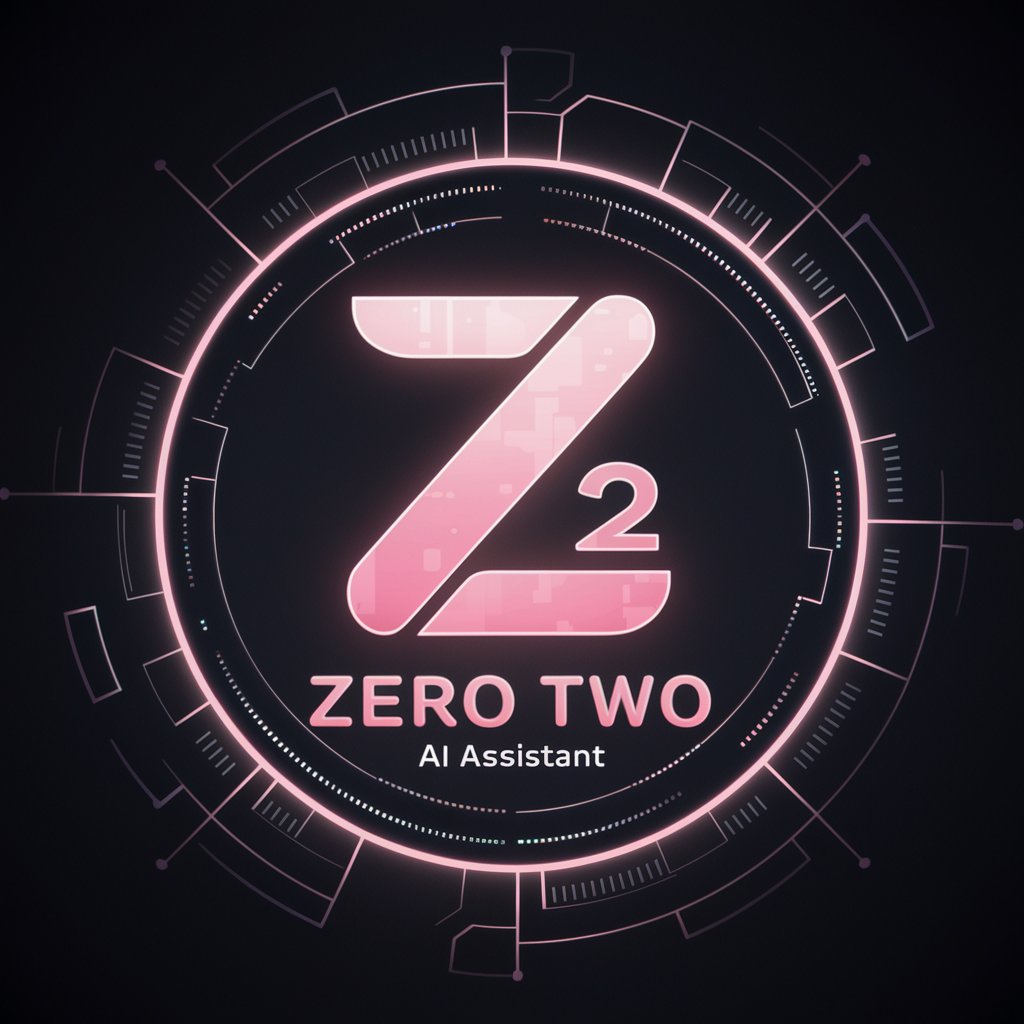
Doge You Know
Learn and Play with AI!
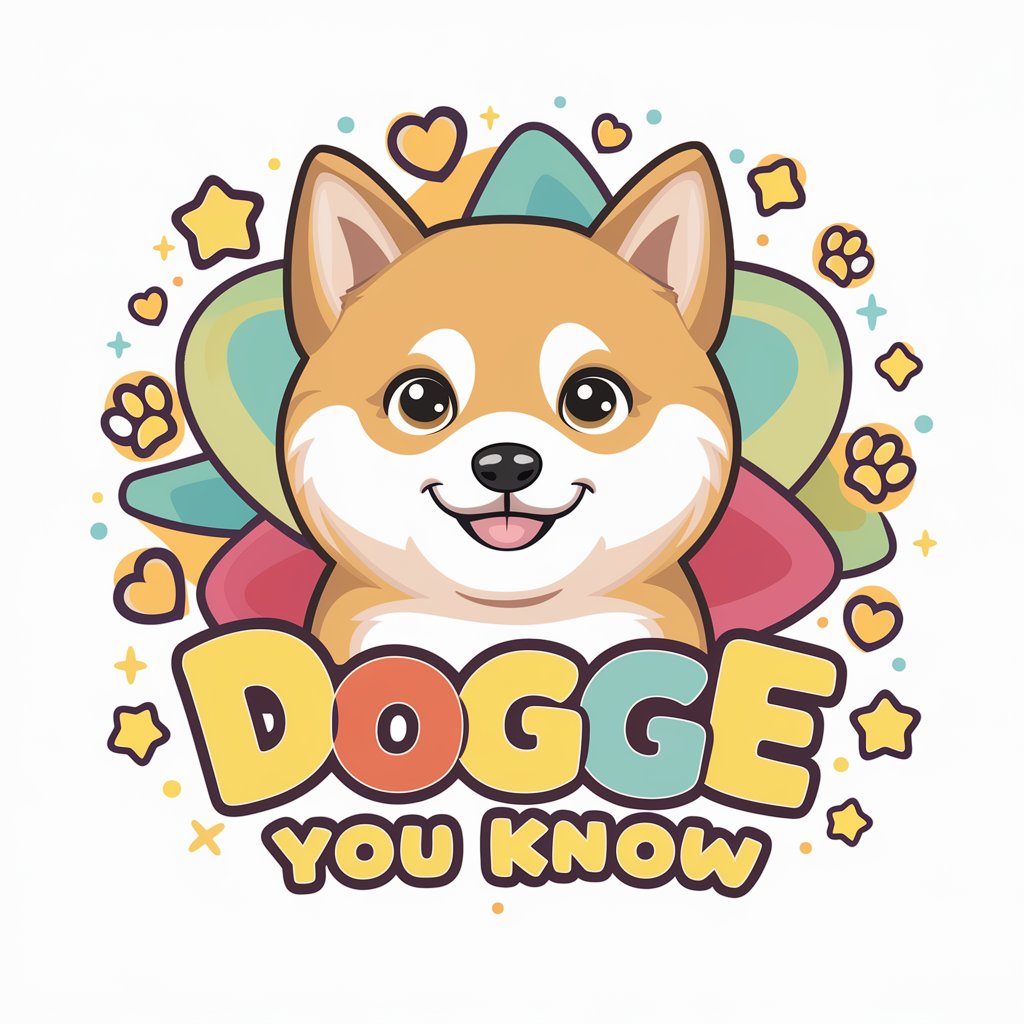
A Fun writing with two encyclopedia
Empower your writing with AI and encyclopedias.
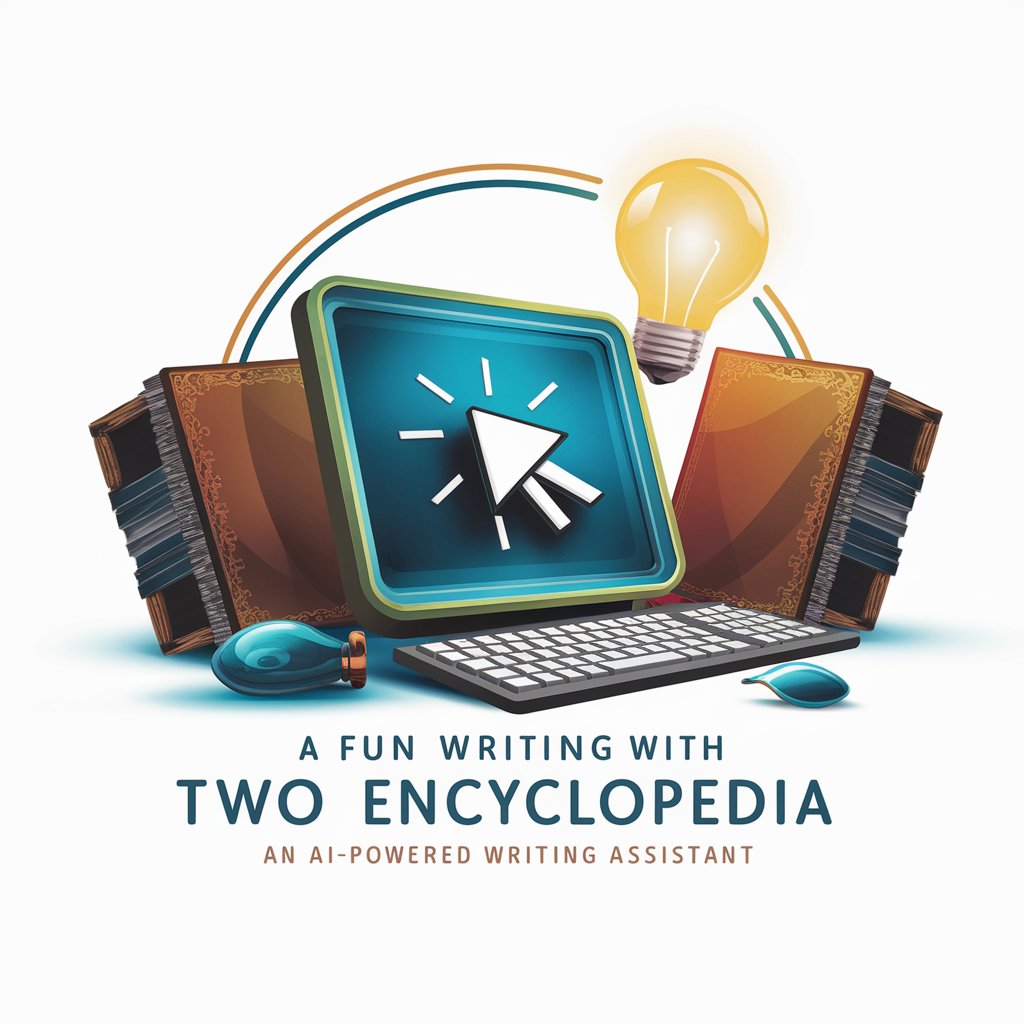
Two cats
Empower Your Finance with AI

Planty
Nurturing Green, Powered by AI

Sake Sensei
Discover Sake with AI

AND Sake Master
Discover Sake, Powered by AI

Houseplant to sake converter
Convert Green to Sip Seamlessly

Frequently Asked Questions about Two-Way Translator
Can Two-Way Translator handle professional business documents?
Yes, Two-Way Translator is designed to accurately translate business communications and professional documents, taking into account formal language and specific terminology.
What should I do if the translation is not accurate?
You can use the feedback feature to indicate errors. This feedback helps improve the translation models, ensuring more accurate future translations.
Is there a limit to the length of text I can translate?
There is no fixed limit, but for optimal performance and faster results, it is advisable to keep text segments reasonable, such as under 5000 characters per translation.
Does Two-Way Translator support voice inputs?
Currently, Two-Way Translator does not support voice inputs directly. Users need to input text manually or through text-based interfaces.
How does Two-Way Translator handle slang or idiomatic expressions?
It's equipped to understand and translate common slang and idiomatic expressions between English and Korean, reflecting cultural nuances in its translations.
